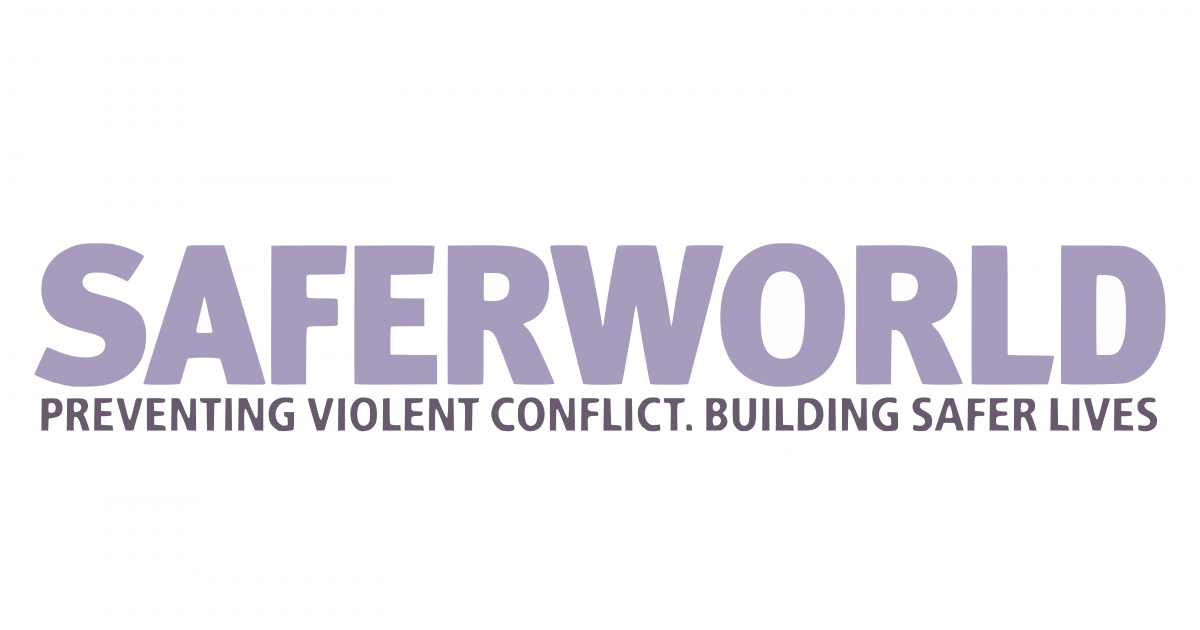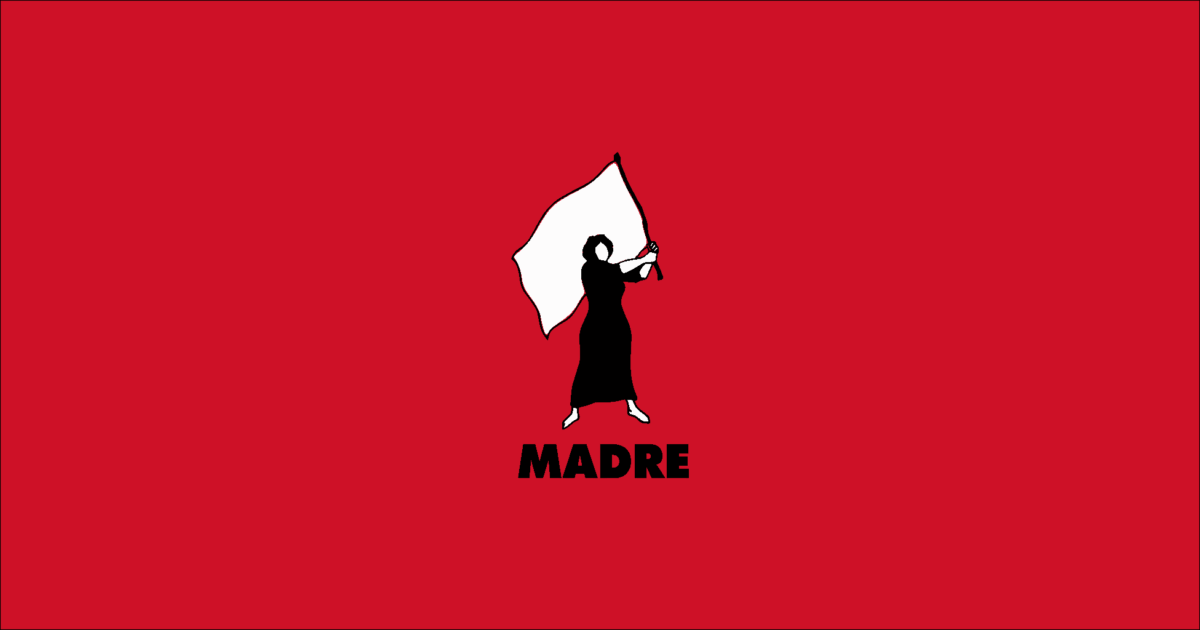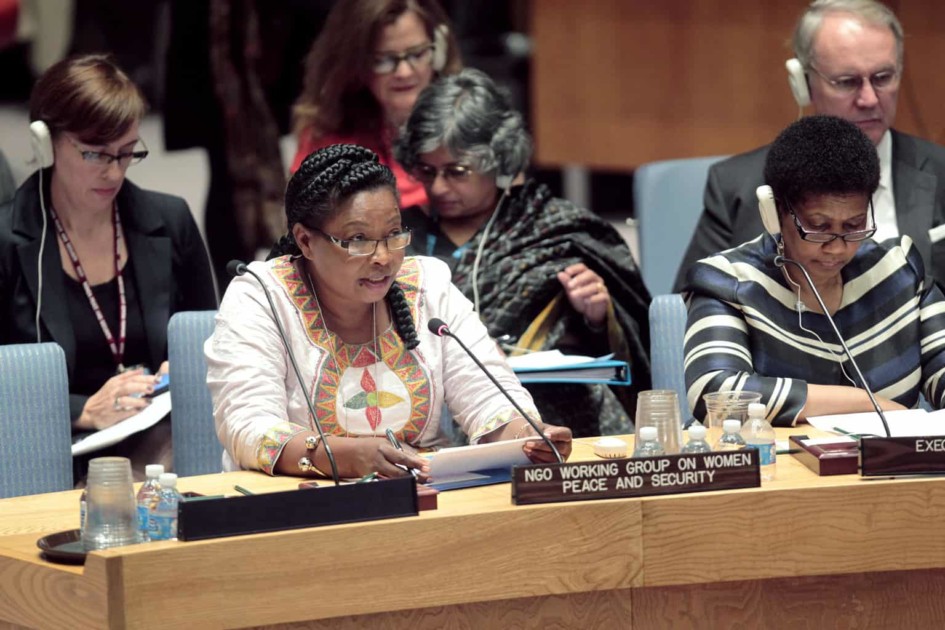Post-Conflict Peace Building
The term peacebuilding covers a wide, multidimensional range of activities: from disarming, demobilizing and reintegrating warring factions, to rebuilding political, economic, judicial and civil society institutions.
The UN established its Peacebuilding Commission (PBC), an intergovernmental advisory body, by Security Council Resolutions 1645 (2005) and General Assembly resolution 60/180 (2005). The PBC is mandated to bring together all relevant actors to marshal resources and to advise on and propose integrated strategies for post-conflict peacebuilding. The Report of the Secretary-General on women’s participation in peacebuilding (S/2010/466) identifies women’s needs in post-conflict situations and specifies measures to guarantee their right to full participation. The report resulted in the 7-Point Action Plan, which sets out targeted goals aimed at increasing women’s participation in all aspects of peacebuilding, including rule of law, post-conflict governance, and economic recovery.
The NGOWG WPS works to ensure women’s full participation in peacebuilding processes at all levels. Drawing upon the Security Council Resolution 1325 (2000) on WPS, the NGOWG WPS calls on the Security Council to recognize the critical role women play in reform and recovery efforts and to regularly consult civil society organizations with expertise on local women’s issues. The NGOWG WPS seeks to advance the full-scale participation of women in post-war social, economic, political and security structures, and calls on the Security Council to devote greater resources to the unique needs of women during post-conflict recovery. Advocacy also focuses on the deployment of Gender Advisors and Women’s Protection Advisers as a permanent part of all peacebuilding missions.
Post-Conflict Peace Building
The term peacebuilding covers a wide, multidimensional range of activities: from disarming, demobilizing and reintegrating warring factions, to rebuilding political, economic, judicial and civil society institutions.
The UN established its Peacebuilding Commission (PBC), an intergovernmental advisory body, by Security Council Resolutions 1645 (2005) and General Assembly resolution 60/180 (2005). The PBC is mandated to bring together all relevant actors to marshal resources and to advise on and propose integrated strategies for post-conflict peacebuilding. The Report of the Secretary-General on women’s participation in peacebuilding (S/2010/466) identifies women’s needs in post-conflict situations and specifies measures to guarantee their right to full participation. The report resulted in the 7-Point Action Plan, which sets out targeted goals aimed at increasing women’s participation in all aspects of peacebuilding, including rule of law, post-conflict governance, and economic recovery.
The NGOWG WPS works to ensure women’s full participation in peacebuilding processes at all levels. Drawing upon the Security Council Resolution 1325 (2000) on WPS, the NGOWG WPS calls on the Security Council to recognize the critical role women play in reform and recovery efforts and to regularly consult civil society organizations with expertise on local women’s issues. The NGOWG WPS seeks to advance the full-scale participation of women in post-war social, economic, political and security structures, and calls on the Security Council to devote greater resources to the unique needs of women during post-conflict recovery. Advocacy also focuses on the deployment of Gender Advisors and Women’s Protection Advisers as a permanent part of all peacebuilding missions.
Current and Past Recommendations to the UN Security Council (Monthly Action Points)
The Council will consider the report on Women and Peace-building (A/65/354 – S/2010/466) requested in SCR 1889 (OP 18). This report sets out a practical strategy to ensure women’s empowerment is supported and women’s rights are integrated in all aspects of post-conflict rebuilding and reconstruction. The report’s recommendations are particularly useful for making the UN’s approach to Women, Peace and Security matters more systematic.
Relevant Resources










